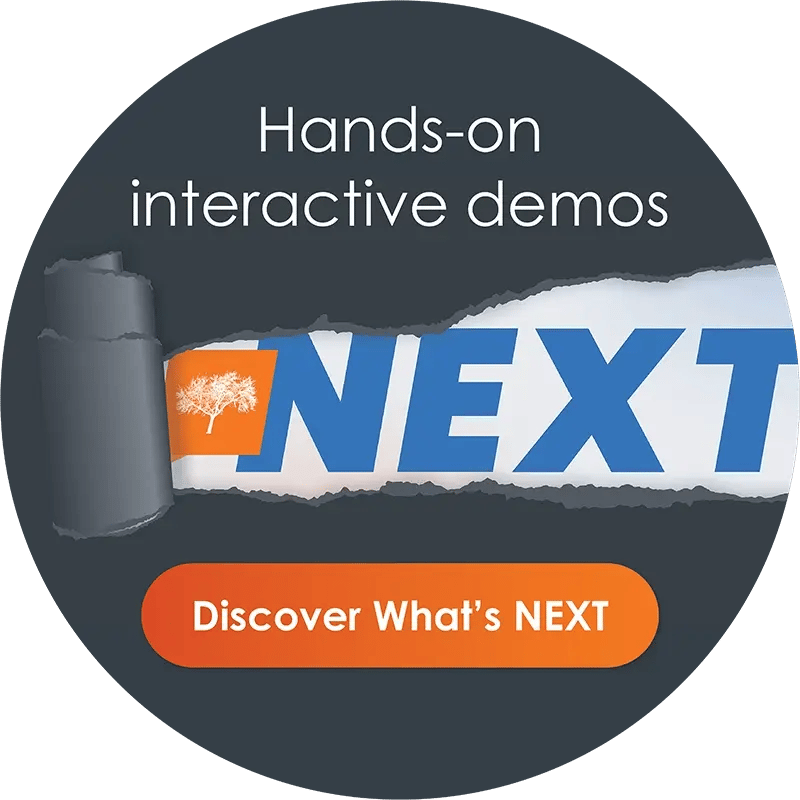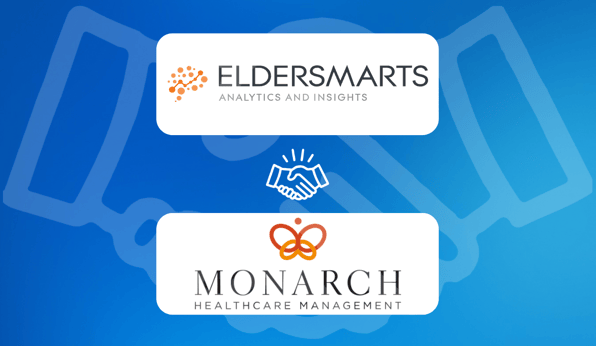HIPAA Cloud Storage Requirements to Be Considered Compliant

Residents entrust senior living communities with their most confidential and sensitive data. Caregivers and operators typically have access to detailed medical histories, health insurance policy numbers, and other personal information. This patient data allows communities to deliver personalized care and promote resident well-being. However, it has also made the senior living industry a target for ransomware groups and other cyber criminals.
The Health Insurance Portability And Accountability Act (HIPAA) requires healthcare providers to protect individually identifiable health information from disclosure and misuse. Many senior living communities have turned to cloud storage solutions to improve data security and comply with HIPAA regulations. This software lets caregivers manage protected health information (PHI) from any location while preventing unauthorized access.
Understanding HIPAA cloud storage requirements can help you choose the right solution for your community.
The Core HIPAA Compliance Requirements for Cloud Storage
The Department of Health and Human Services (HHS) created the HIPAA Privacy Rule and the HIPAA Security Rule to standardize how healthcare organizations manage and store e-PHI. This law includes several key elements pertaining to cloud storage.
Data Security Measures
The Security Rule requires healthcare organizations to “ensure the confidentiality, integrity, and availability of all e-PHI they create, receive, maintain or transmit.” A cloud service provider (CSP) can use many strategies to safeguard data, such as:
- Data Encryption: HIPAA-compliant cloud storage services use algorithms to encrypt data. Users must use an encryption key to decode and access the information, increasing security.
- Access Controls: These technical safeguards restrict access to e-PHI stored in the cloud. Common access controls include multi-factor authentication and unique user identification.
- Physical Safeguards: CSPs and healthcare organizations should implement physical security measures to prevent access to data centers and hardware that store ePHI. These safeguards may include security cameras, physical locks, and on-premises security personnel.
Some healthcare providers require CSPs to undergo a SOC 2 audit to verify that they have adequate security controls. The National Institute of Standards and Technology (NIST) has also published guides to educate providers about HIPAA requirements.
Data Backup and Disaster Recovery
Secure cloud storage solutions allow senior living communities to backup and recover data. These features are useful if your community experiences an emergency that causes healthcare data loss. For instance, a fire could wipe out all your devices, or a ransomware group could hold your information hostage. Cloud-based senior living software typically performs data backups automatically or on a set schedule, giving you peace of mind.
High Uptime
HIPAA regulations require cloud storage services to provide continuous access to healthcare data. Choosing a solution with almost 100% uptime will ensure the availability of ePHI whenever you need it. That way, you’ll never have to worry about your cloud storage going down when a caregiver urgently needs to view or share a resident’s medical records.
Compliance Audits
CSPs and healthcare organizations should perform regular internal compliance audits to ensure their cloud data storage meets HIPAA regulations. A compliance audit reviews these key components:
- Inventory of devices used to access and store PHI
- Encryption protocols
- Role-based access controls
- Incident response and reporting procedures
- Cybersecurity measures like firewalls and email filters
- Emergency plans
Breach Notifications
The HIPAA Breach Notification Rule requires covered entities and their business associates to notify individuals about data leaks and the unintended disclosure of PHI. CSPs should have written protocols to inform residents, the media, and other stakeholders of data breaches. Prompt breach notifications allow individuals to act quickly to protect themselves from identity theft, fraud, and other consequences.
Routine Risk Assessments
Criminals constantly devise new ways to steal data from the healthcare industry. Stay one step ahead of these threats by choosing a CSP that conducts frequent risk assessments. This process involves checking the cloud infrastructure for vulnerabilities, updating incident response procedures, and monitoring emerging cyber threats.
Audit Trails
HIPAA-covered entities and business associates must maintain audit trails to demonstrate compliance with the Privacy, Security, and Breach Notification Rules. Cloud storage solutions should retain audit logs to record all activities related to ePHI. These logs can help organizations monitor their data and detect unauthorized activity, such as employees deleting or transferring health records without permission.
Navigating Business Associate Agreements (BAAs)
HIPAA requires healthcare organizations to create business associate agreements (BAAs) with cloud service providers and other entities that handle PHI. A BAA between a senior living community and a CSP should include these key elements, among others:
- Specify permissions to use and disclose PHI
- Require the CSP to implement appropriate data security measures
- Mandate that the CSP discloses data breaches and other impermissible disclosures
- Require the CSP to give individuals copies of their PHI if requested
Business associates who commit HIPAA violations can face civil penalties.
Common Challenges Faced by Senior Living Communities
Senior living communities face unique challenges in managing data security and HIPAA compliance.
One of the biggest obstacles is the highly mobile nature of senior living caregiving. Staff often spend their days caring for residents throughout the community, and they don’t always have time to log onto a stationary computer system. Some CSPs have secure mobile apps that allow caregivers to access healthcare data on the go.
Additionally, many senior living communities don’t have the resources to hire cybersecurity specialists to protect their health information technology. Organizations can solve this problem by handing off the security responsibility to a reliable CSP. Look for a service that complies with HIPAA, the Health Information Technology for Economic and Clinical Health Act (HITECH), and other laws.
How Eldermark's Cloud Storage Can Help
Senior living communities can choose from a broad range of cloud storage solutions. Popular public cloud platforms include Amazon Web Services (AWS), Dropbox, and Microsoft Azure. However, these cloud services aren’t specifically designed for healthcare providers, so they may not fully meet your data security needs.
Eldermark’s HIPAA-compliant cloud data storage is tailored to the needs of senior living communities. Our scalable cloud computing services integrate with numerous platforms, allowing you to store electronic health records and other data securely. It includes convenient automation features, enabling you to quickly scan and upload documents to the cloud.
Schedule a free demo to learn how Eldermark’s cloud storage can help your community navigate HIPAA laws and protect resident data.




